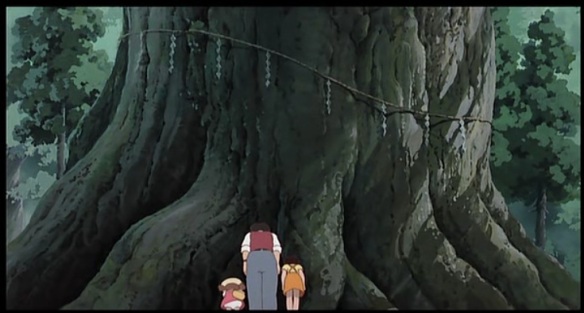
(via Tech Times)
After the pleasant (but still mildly depressing) surprise that was My Life as a Zucchini, I’ll admit: I was pretty excited to check out the final Oscar’s animation nod for this year. Add to that the fact that Studio Ghibli also had their hands in this animated feature and, well, it just seemed like a slam dunk. Despite everything it had going for it, though, director Michaël Dudok de Wit’s The Red Turtle—La Tortue Rouge in French and Aru Shima no Monogatari in Japanese—just didn’t stack up to any of the excitement or expectations I had for it. It’s no secret that the Oscars, or any mainstream award show, is basically just a huge circle jerk for popular companies. Still, the fact that this film was even nominated at all, to me, shows that Disney’s association with Ghibli (and, well, how awesome Ghibli usually is) overrode any actual critical viewing of this film.
Spoilers below.






